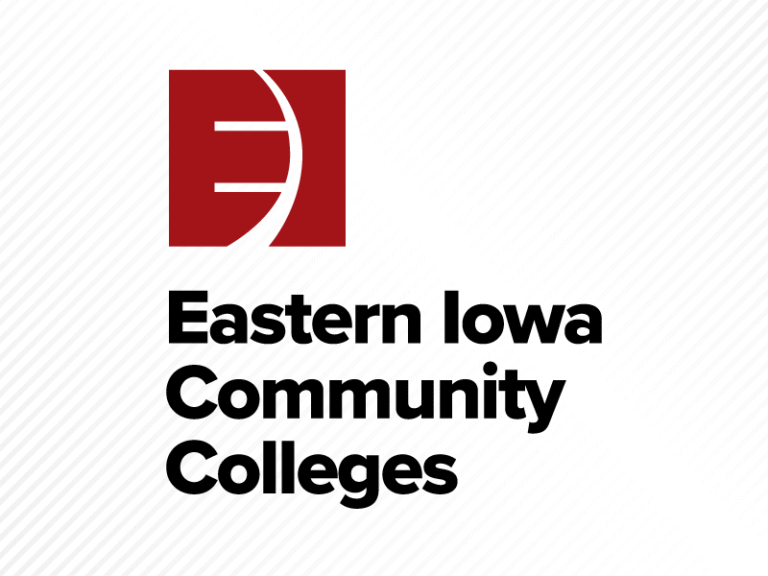The framers of the U.S. Constitution placed their intentions for this new nation in the preamble beginning with this phrase: “We the People of the United States, in order to form a more perfect union, establish justice …”
If we are not careful, we will miss that according to their understanding, the key to moving toward a more perfect union first begins with establishing justice — the act of ensuring fairness in the social order.
Currently, the treatment of those returning from incarceration is less than just. In fact, once a person returns, they can be legally discriminated against in education, employment, housing, health care and justice. How can we expect a person to come home and assume the responsibility of productive citizenry when they are denied constitutional rights?
Full citizenship requires constitutional rights realized in their release not as ex-cons but returning citizens.
Ensuring justice is the work of Project NOW’s Justice Network. Every month approximately 50 social service providers, public elected officials, lawyers, advocates, activists, clergy and system-impacted individuals who are living with the negative stigma of a scarlet letter — known as a felony or criminal conviction.
The network addresses Illinois’ more than 1,000 unique permanent punishment laws. The sanctions prevent employment, hinder housing and restrict occupational licensing. The laws also ensure a person returning from prison will not only occupy a lower-economic status but, according to data, will be locked in a caste system — restricting their upward mobility.
Our work is to lift people up and out of poverty, but these laws place undue burdens on our already heavy load. Monthly, we are strengthened as the Justice Network members work and report success stories to encourage the efforts of justice.
A recent success came in the City of Kewanee, Illinois, in November. After striking a provision prohibiting formerly convicted felons from applying for city employment, Kewanee hired its first employee who has a felony! This is a success for all.
Congratulations to the City of Kewanee, the new employee, and the greater Quad Cities region.
Whether one enters this fight because it is a moral one or monetary one it makes sense, and we welcome your help.
I believe if we don’t allow individuals with arrest records and convictions to contribute to the tax base as full citizens, we will carry the weight of them being part of the tax burden.
Anyway you look at it, in areas where there is no threat to public safety, ending permanent punishments is the right thing to do. •
Dwight L. Ford is executive director of Rock Island-based Project Now. For more information on the Justice Network, call (309) 553-0857 or email Mary McNeil at [email protected].






